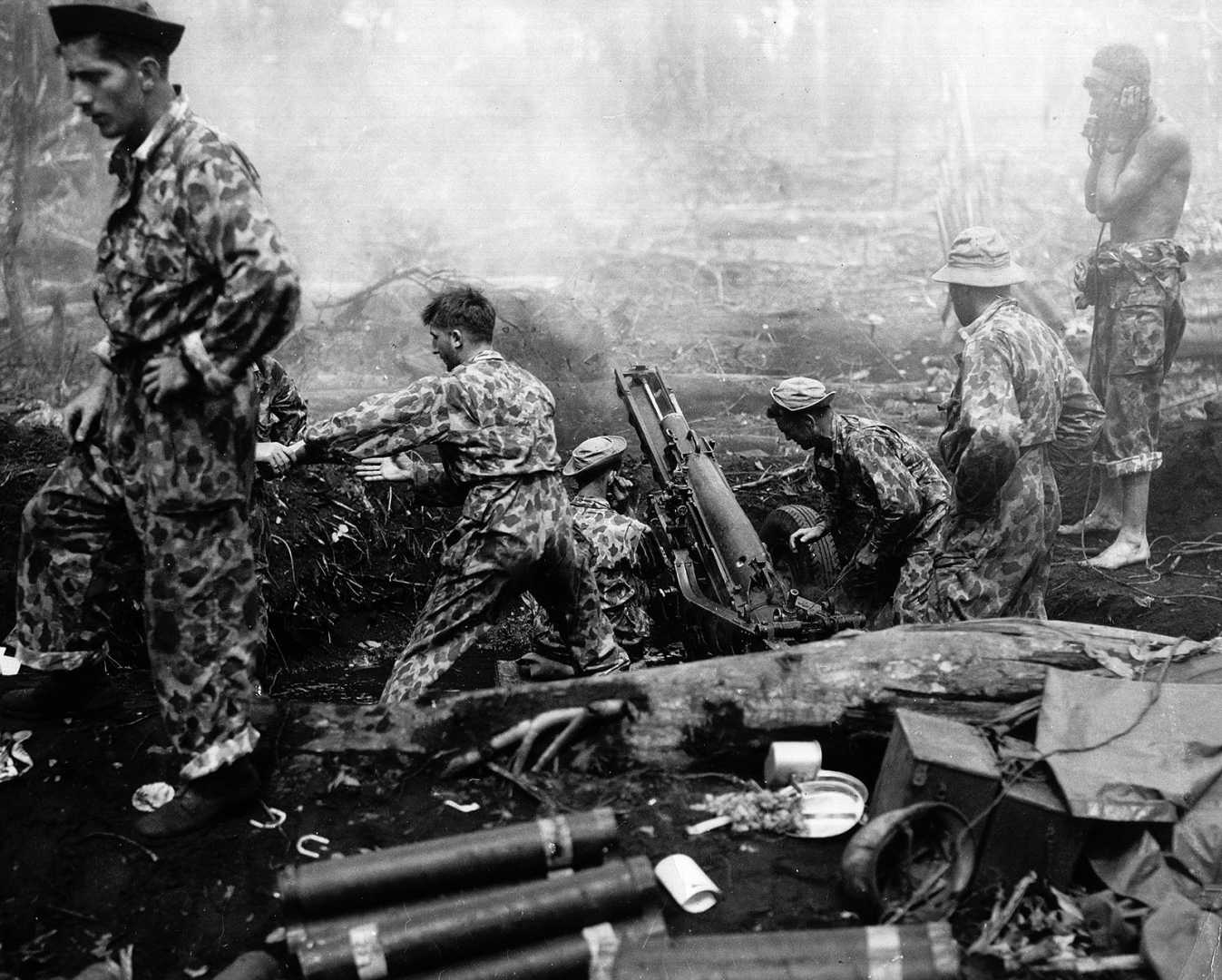News
Strategic Missteps and Ultimate Defeat: Analyzing Japan’s Chances in World War II

In the context of World War II, Japan‘s military strategy has been a subject of intense scrutiny and analysis. Despite its tactical strengths and resilience, Japan ultimately faced insurmountable odds against the industrial and military supremacy of the United States. A recent examination of Japan’s wartime decisions highlights several strategic missteps that could have altered the course of the war.
One of the critical errors was Japan’s failure to limit conflicts to one theater at a time. Japanese commanders spread their resources thinly across multiple fronts, including the Indian Ocean, the Aleutian Islands, and the Solomon Islands. This dispersal of forces not only raised the costs for Japan but also diluted its effectiveness in more crucial theaters. Admiral Isoroku Yamamoto had cautioned against such a strategy, advising that Japan needed to win a quick, decisive victory to avoid awakening the American “sleeping giant”.
Another strategic oversight was Japan’s decision to launch the surprise attack on Pearl Harbor. While the attack was tactically successful, it roused American fury and led to a total war effort by the United States. Yamamoto had predicted that such an attack would have fateful consequences for Japan, as it would prompt the U.S. to muster its full industrial and military power against Japan.
Employing unrestricted submarine warfare was also suggested as a potential strategy that could have raised the costs for the U.S. and prolonged the conflict. However, Japan’s leadership failed to leverage this tactic effectively, further contributing to its ultimate defeat.
In summary, while no single stratagem could have guaranteed Japan’s victory, a more strategic approach focusing on resource concentration and avoiding unnecessary conflicts might have improved Japan’s chances. Instead, Japan’s strategic indiscipline and failure to adapt to the changing dynamics of the war led to its downfall.












